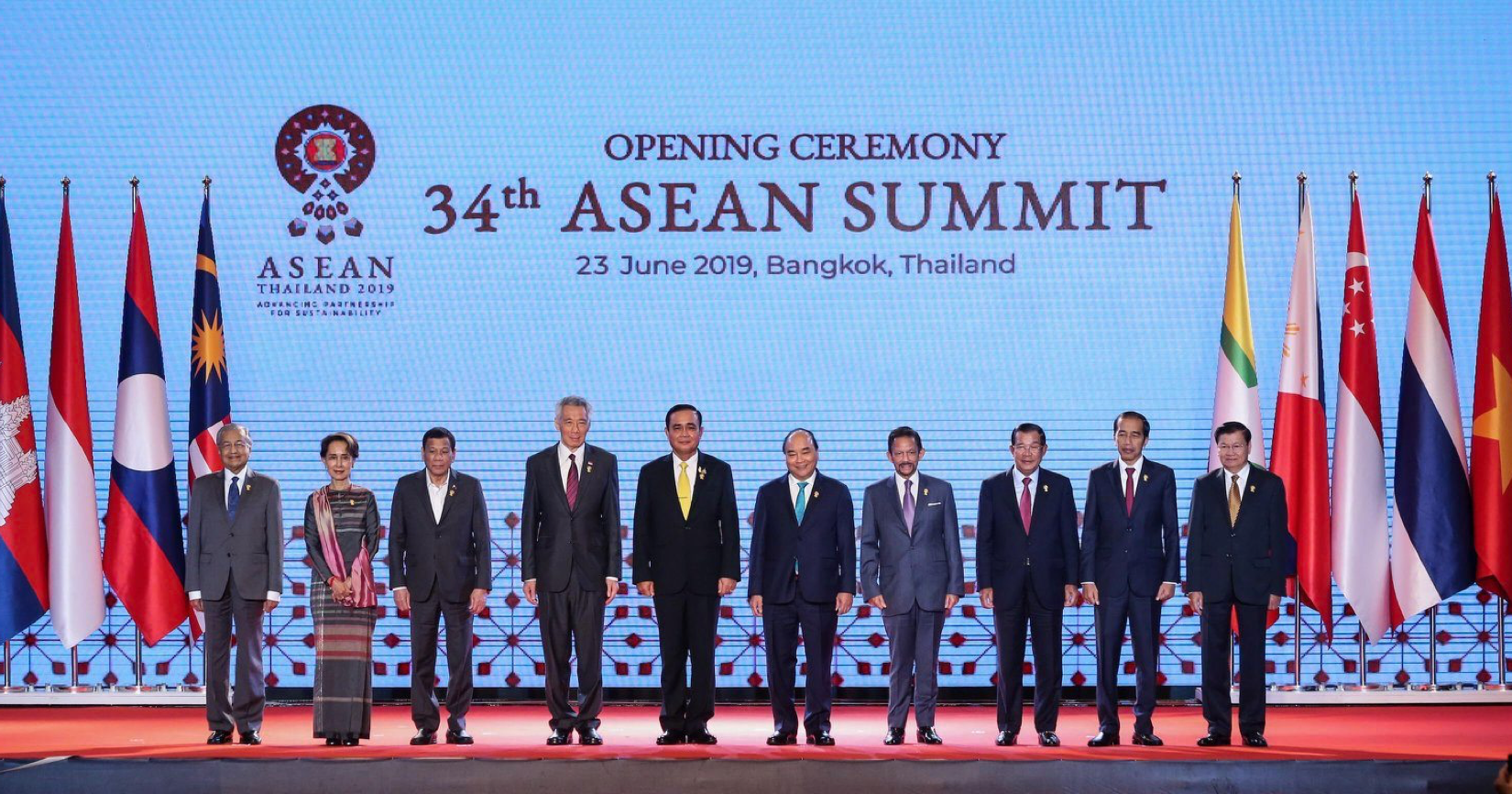The U.S.-China trade war isn't going away anytime soon, and its impact is already beginning to be felt in Singapore.
Prime Minister Lee Hsien Loong said the fallout from the dispute between the two superpowers had already dragged down Singapore's growth estimates.
Fallout of U.S.-China trade war is affecting Singapore
Speaking to reporters on the sidelines of the Asean summit on June 23, according to CNA, he said:
"You can already see our economy slowing this year.
And you can see that our exports have been affected and factories are seeing their orders down, and the mood is significantly dampened."
PM Lee noted that growth forecasts have fallen from 3.1 per cent in 2018 to between 1.5 and 2.5 per cent in 2019.
But he also acknowledged the limitations of what Singapore could do to mitigate what looks like a prolonged dispute.
PM Lee said it was impossible to "step on the gas" to compensate for a gloomy external environment.
Instead, Singapore would continue its policies of upgrading and training the workforce, while restructuring the economy so it is in the best position to capitalise when things pick up.
Free trade against growing protectionist sentiment
But it's best if Singapore doesn't go it alone.
In a time of increasing protectionism, Singapore would like to wrap up the Regional Comprehensive Economic Partnership (RCEP), the proposed Free Trade Agreement involving the 10 member nations of Asean, Japan, China, South Korea, India, New Zealand and Australia.
When completed, RCEP will encompass a third of the world's GDP. However, it still faces some hurdles. PM said of RCEP's delay:
"Some of these big economies who are partners in RCEP have not quite reached that point yet, partly because of domestic political timings."
However, he added:
"We would like to push it forward as much as possible, and if at all possible, to have substantial completion of the deal this year."
Minister for Trade and Industry Chan Chun Sing also mentioned his involvement in RCEP negotiations in a Facebook post, and said that its conclusion would send a "strong message" of Asean's commitment to the multilateral, global system of trade.
Difficult to find common ground, but important to unite when interests align
In a speech given to his counterparts on June 23, according to the Straits Times, PM Lee also mentioned how Asean's members needed to find common ground in light of the U.S.-China dispute.
According to CNA, he said:
"As smaller countries, we are not able to control what the big powers do.
But ASEAN can stand together and speak with one voice, so as to advance our collective interests, whether in trade, security or technology."
Although he mentioned that finding common ground was "not easy" given Asean's diverse background and differing strategic concerns, Asean should "speak as one" on areas where their interests align.
Negotiations on South China Sea will be tough
Besides trade, PM Lee also cited the tension in the South China Sea, and Asean's proposed code of conduct (COC).
He said that he was pleased that negotiations on the code had made progress, with a first draft for reading expected for the end of 2019.
However, he mentioned that it was important for the COC to be settled in accordance with international law, and that fundamental and complex issues remain to be discussed.
While speaking to reporters, PM Lee said that vital interests had to be preserved, according to ST:
"It is not whether you want to go faster or slower. I think you should go with all due dispatch, but we have to make sure that we preserve our vital interests.
The vital interests will not be easy to reconcile."
Related stories:
Top image from PM Lee's Facebook page.
If you like what you read, follow us on Facebook, Instagram, Twitter and Telegram to get the latest updates.
